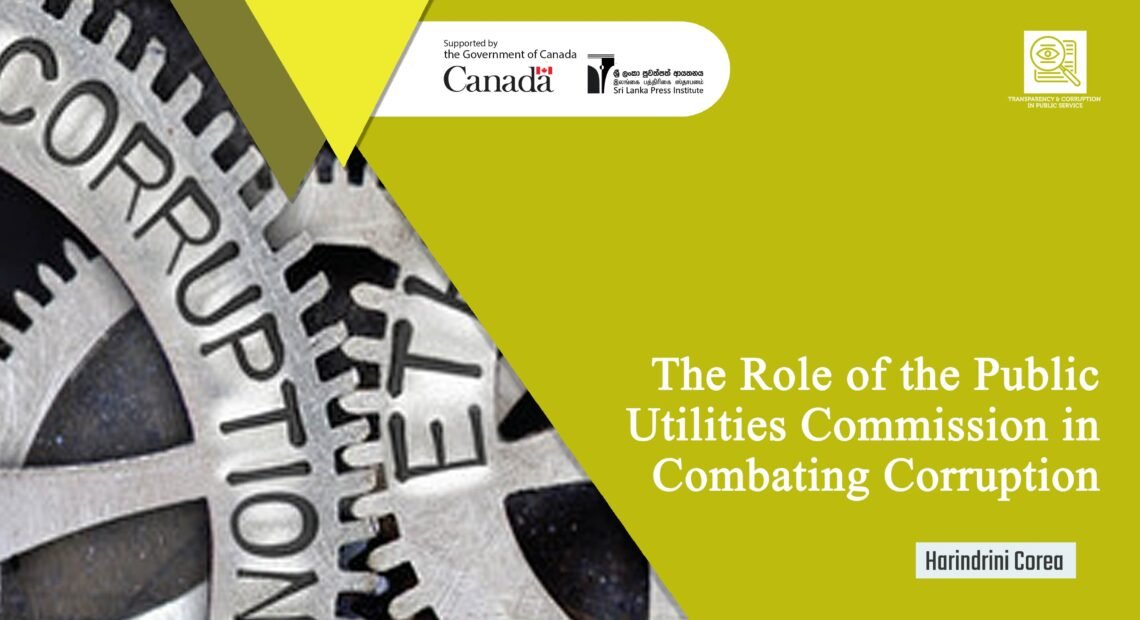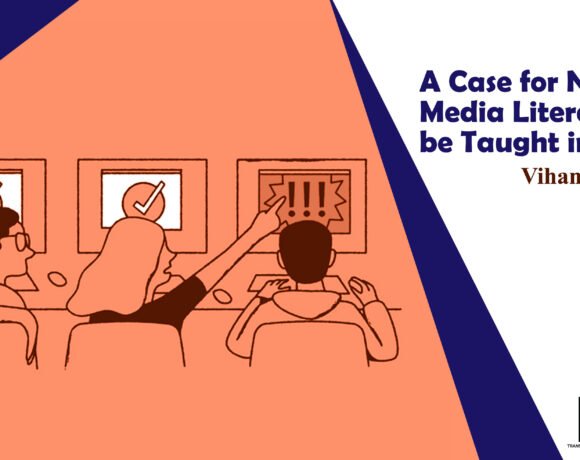
The Role of the Public Utilities Commission in Combating Corruption
Harindrini Corea
The order for closure of the Public Utilities Commission on the 01st of December 2020 has raised concerns in the country. The Public Utilities Commission of Sri Lanka was incorporated by way of Act No.35 of 2002 which established the Public Utilities Commission (PUCSL) along with the Sri Lanka Electricity Act No. 20 of 2009 designated the PUCSL as the economic, technical and safety regulator of the electricity industry in Sri Lanka and the designated regulator for petroleum and water services industries.

The role and objectives of the PUCSL, as determined in the legislation, is important in protecting the interests of consumers, specifically by ensuring the quality of service in the public utilities industries. The provision of utilities services must be reliable and affordable and conform to international standards where possible.
The PUCSL’s work includes licensing, regulatory and inspection functions, regulation of tariffs and other charges levied by regulated entities, and sets and enforces technical and other standards relating to safety, quality, continuity and reliability of public utilities industries.
Abolition of PUCSL
Various reactions to the abolition of the PUCSL have focused on the possibilities for electricity shortages, lack of focus on customer needs and complaints, lack of transparency of transactions in the electricity industry, the extension of agreements without the approval of the PUCSL and implementation of unsolicited projects. The lack of transparency and potential for illegal transactions can negatively impact investor confidence and the development of the economy as a whole.
The absence of regulation of the PUCSL will lead to the vesting of unchecked power with the Ceylon Electricity Board (CEB) so that it is able to arbitrarily set prices, purchase emergency power and sign unsupervised power purchase agreements with the private sector. Furthermore, it is the PUCSL that has focused on the expedition of renewable energy and this too could be reversed.
The potential closure of the PUCSL and the subsequent lack of transaction transparency entered into indicates an increase in the possibility for corruption. There is a question of whether there will be accountability in tender procedures and procurement processes and efficient provision of services.
Anti-corruption and the Regulation of Public Utilities
Anti-corruption efforts that are focused on the public sector must include the efficient provision of essential services such as utilities. There must be scrutiny at all levels of decision-making in the government and private sector, and integrity must act as the key driver of utility performance. The PUCSL plays an important role in the prevention and reduction of corruption within the provision of public utilities and any problems within the body should be addressed and changed rather than the entire body being abolished.








